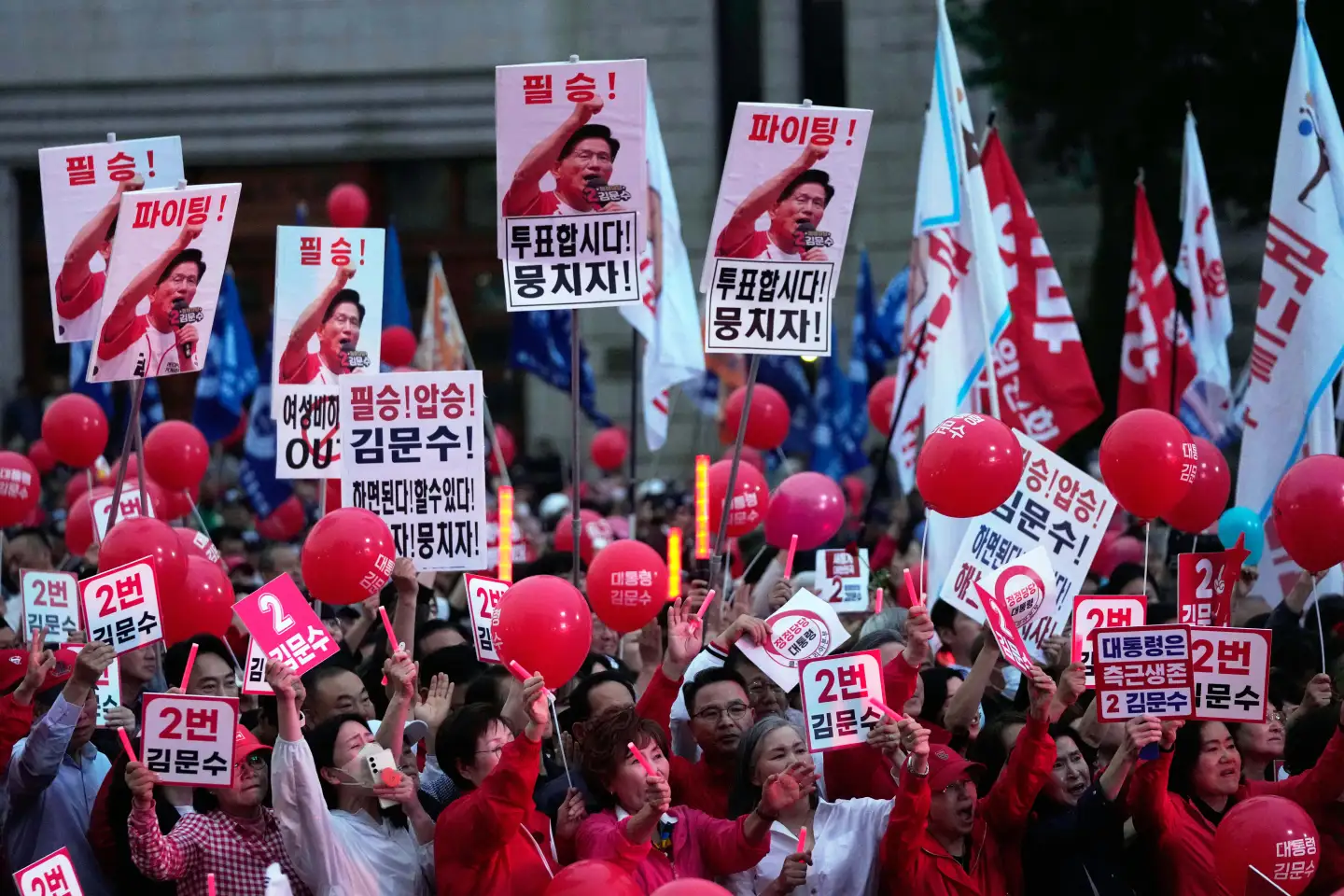Millions of South Koreans cast their votes Tuesday in a snap presidential election following the ouster of conservative leader Yoon Suk Yeol, who now faces rebellion charges over his brief imposition of martial law in December.
Pre-election polls indicated a strong lead for liberal rival Lee Jae-myung, capitalising on public anger toward conservatives after Yoon’s martial law controversy. Meanwhile, conservative candidate Kim Moon Soo struggled to gain traction amid infighting within his People Power Party over how to address Yoon’s legacy.
This election marks a pivotal moment for South Korea’s democracy, though concerns linger over deepening political divisions stemming from Yoon’s actions. The past six months saw massive street protests both for and against Yoon, while his impeachment and removal disrupted high-level diplomacy and rattled financial markets.
The winner, to be sworn in Wednesday, will serve a full five-year term without a transition period, inheriting challenges like a slowing economy, US trade pressures under President Donald Trump, and North Korea’s nuclear threats. Polls opened at 6am across 14,295 stations, closing at 8pm, with results expected by midnight.
As of 2 pm, over 13 million had voted, bringing total turnout (including early voting) to 65.5% of the 44.4 million eligible voters.
Lee’s polarising legacy and policy stances
A former provincial governor and mayor, Lee rose to prominence as a reformist critic of conservative elites, advocating a stronger foreign policy and economic equality. Supporters see him as a change-maker; critics label him a populist who fuels division.
On foreign policy, Lee has stressed pragmatism, calling the US alliance “foundational” and backing trilateral cooperation with Japan — a stance mirroring conservatives. Experts note limited diplomatic wiggle room amid Trump’s trade demands and North Korea’s nuclear ambitions.


